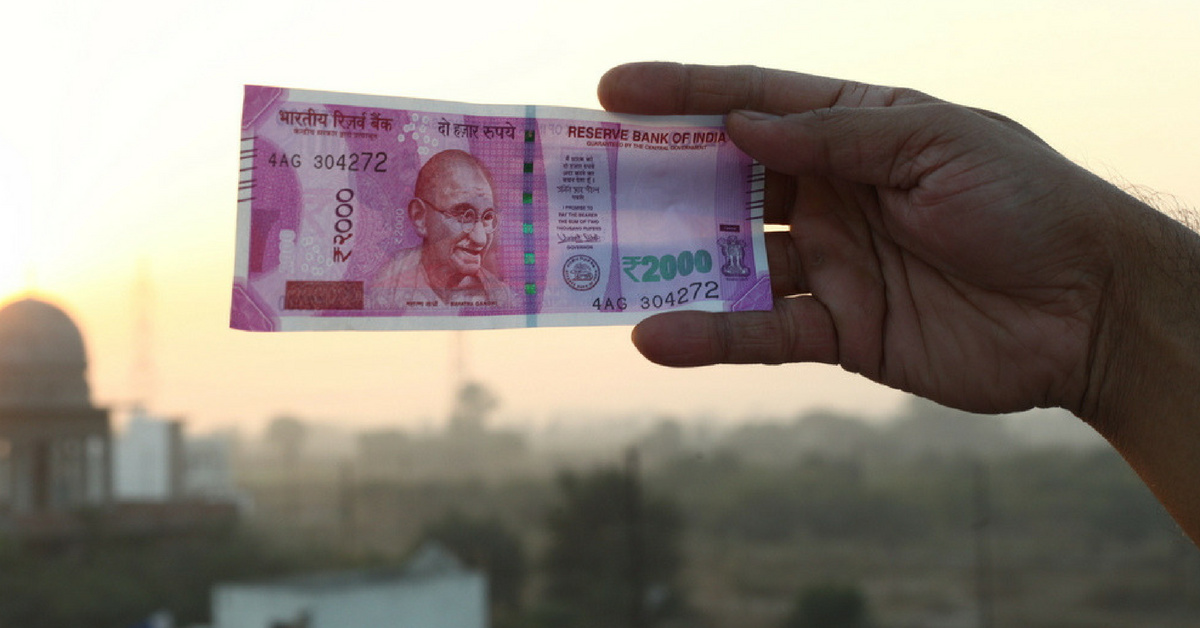Those planning to invest in agricultural land often find themselves in the crosshairs of regulatory requirements and personal whims of the sellers.
On the one hand, they are obliged to make any payments exceeding Rs 10,000 in the form of demand draft or cheque. This rule has been established under Section 40A(3) and Rule 6DD of the income tax act.
Put in place to curb instances of tax evasion, Section 40A(3) provides that any expense exceeding Rs 10,000 made in the form other than demand draft or payee checque should not be allowed as tax deduction.
On the other hand, sellers often insist on taking in money in cash since a large part of India still relies heavily on cash
Now, what happens, if you were to buy a property using cash?
The answer is for as long as the transaction is genuine, and can prove that payment as prescribed under Section 40A(3) could not be made due to the exceptional circumstances or due to the nature of the transaction, you may be allowed tax deductions by the income tax authorities. A recent ruling by the Delhi Bench of the Income Tax Appellate Tribunal (ITAT) paves way for such cases to be allowed for deduction.
Case study
Real estate company Geo Connect purchased an agricultural land from a senior citizen for over Rs 1 crore and paid him the value by issuing bearer cheques. On the very same day, the money was withdrawn by the seller, and the sale deed was registered.
For the uninitiated, a bearer cheque is that in which the payment rights rest with the cheque holder. This means the person carrying the cheque at the time is entitled to get the payment at the time of delivery. Bearer cheques are typically used for cash transactions.
A payee cheque on the other hand is a cheque which can be deposited in the account of the person to whom the final payment is supposed to be made, and whose name is mentioned on the cheque. It cannot be endorsed to anyone else.
When the matter reached the assessing officer during the tax proceedings, he ruled that the expenses incurred by the company will be disallowed as tax deduction under Section 40A(3) since the payment was not made through demand draft or a payee cheque. After the income tax commissioner also upheld the order of the assessing office, Geo Connect moved the ITAT.
In its plea, Geo Connect said that the transaction was genuine since the payment through bearer cheque, which is akin to cash payment, was made at the insistence of the owner. The deal in that sense did not contradict the rules laid by the said Section 40D (3) since its basic objective was to curb tax evasion and not discourage genuine transactions.
Taking a note of this assertion and after scanning the payment trail, the ITAT found the transaction to be genuine and allowed
While delivering its order the tribunal also noted that the Supreme Court in the case Attar Singh Gurmukh Singh versus ITO (1991) has observed that Section 40D(A) is not meant to restrict business activity.

An alumna of the Indian Institute of Mass Communication, Dhenkanal, Sunita Mishra brings over 16 years of expertise to the fields of legal matters, financial insights, and property market trends. Recognised for her ability to elucidate complex topics, her articles serve as a go-to resource for home buyers navigating intricate subjects. Through her extensive career, she has been associated with esteemed organisations like the Financial Express, Hindustan Times, Network18, All India Radio, and Business Standard.
In addition to her professional accomplishments, Sunita holds an MA degree in Sanskrit, with a specialisation in Indian Philosophy, from Delhi University. Outside of her work schedule, she likes to unwind by practising Yoga, and pursues her passion for travel.
[email protected]











